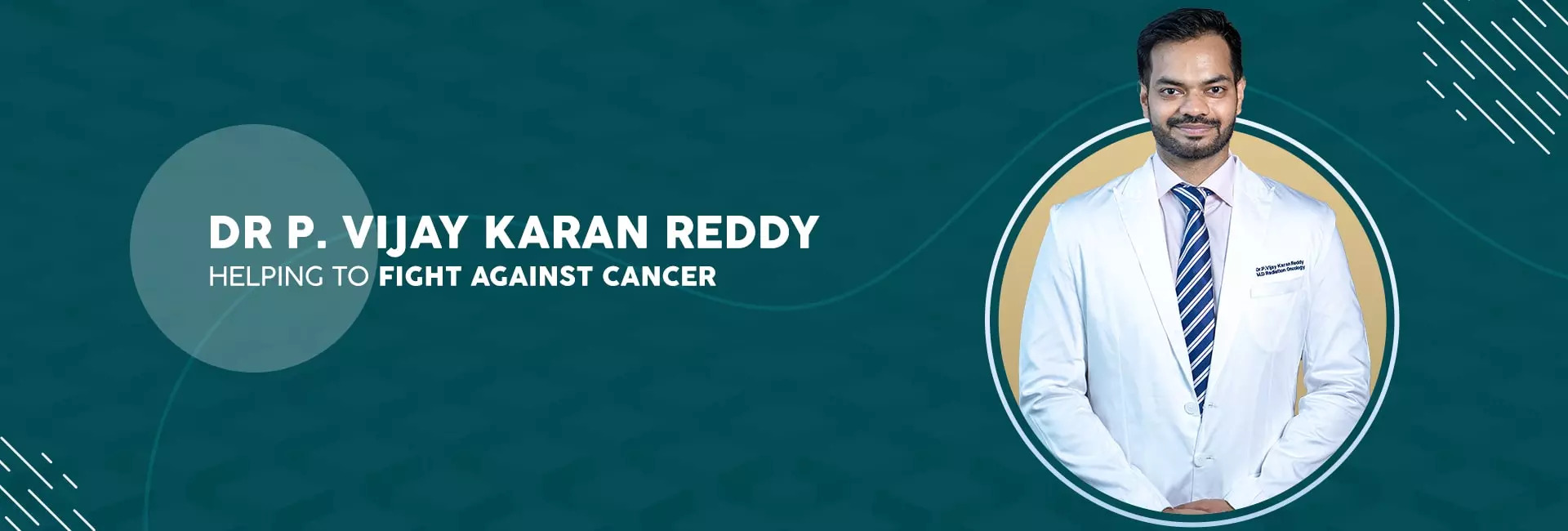Comprehensive Overview of Pediatric Oncology Treatments
Pediatric cancer treatment has evolved substantially over the years, offering a beacon of hope for countless families. At the core of this therapeutic arsenal are chemotherapy and radiation therapy—two pillars that have contributed significantly to increasing survival rates. These treatments, while effective, come with a spectrum of side effects that can affect a child's quality of life.
Side Effects of Chemotherapy in Children
Chemotherapy drugs are designed to target rapidly dividing cancer cells. However, these potent medications do not exclusively target cancerous cells; they can also affect healthy cells, leading to various side effects.
Hematologic Complications
One of the primary concerns during chemotherapy is the suppression of bone marrow function. This can lead to:
Neutropenia: A decrease in white blood cells, which are crucial for fighting infections.
Anemia: A reduction in red blood cells, leading to fatigue and weakness.
Thrombocytopenia: A low platelet count, increasing the risk of bruising and bleeding.
Gastrointestinal Distress
Chemotherapy can cause:
Nausea and Vomiting: Often managed with antiemetics.
Diarrhea: Requiring careful hydration and dietary adjustments.
Mucositis: Inflammation of the mucous membranes, leading to painful ulcerations.
Long-Term Organ Effects
Continuous monitoring is essential as chemotherapy can potentially lead to:
Cardiotoxicity: Heart damage, especially with anthracycline use.
Hepatotoxicity: Liver function impairment.
Nephrotoxicity: Kidney function can be compromised, necessitating regular renal assessments.
The Radiological Realm: Radiation Therapy Side Effects
Radiation therapy, while highly targeted, can still affect surrounding healthy tissues. Here’s an insight into the side effects associated with radiation:
Localized Skin Changes
Radiation Dermatitis: Skin irritation ranging from redness to peeling.
Hyperpigmentation: Darkening of the skin in the treated area.
Growth and Developmental Concerns
Asymmetrical Growth: Bones in the radiation field can develop more slowly.
Cognitive Effects: When the brain is involved, there can be impacts on cognitive abilities.
Endocrine Disruption
Hypothyroidism: The thyroid gland may become underactive, requiring hormone replacement therapy.
Gonadal Dysfunction: Potential effects on fertility and hormonal balance.
Holistic Support Strategies
It is crucial to approach the side effects of chemotherapy and radiation in children with a comprehensive support plan.
Nutritional Management
Adequate nutrition is paramount in managing and mitigating the side effects of cancer treatment.
Emotional and Psychological Support
The psychological well-being of pediatric patients and their families is equally important and should be addressed through counseling and support groups.
Rehabilitation Services
Physical, occupational, and speech therapy can help children maintain and regain function during and after treatment.
Conclusion
As we venture into a future where cancer treatment becomes increasingly precise, the understanding and management of chemotherapy in Hyderabad and radiation side effects in children remain of paramount importance. Under the expert guidance of Dr. Vijay Karan Reddy, a distinguished oncologist at Apollo Hyderabad, we embrace our collective responsibility not only to extend the lives of our youngest cancer fighters but also to enhance the quality of those lives through meticulous, compassionate care.
With ongoing research and a multi-faceted approach to treatment side effects, Dr. Reddy's insights help us continue to stand at the vanguard of pediatric oncology, offering hope and healing to those in our care.


